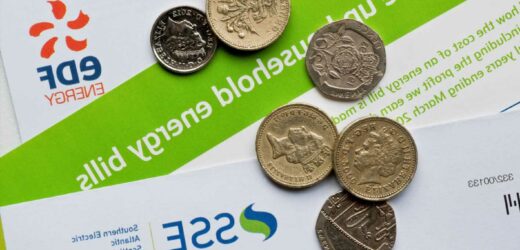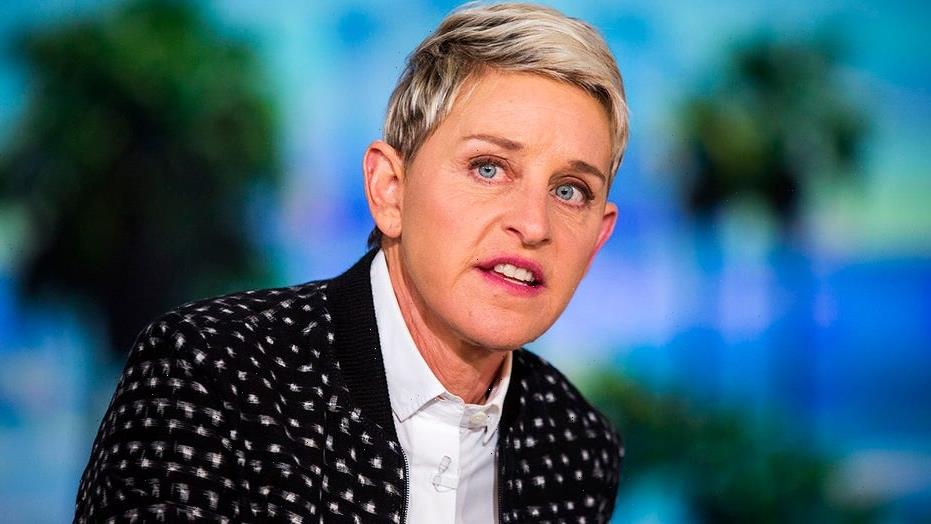YOUNG Brits could be paying too much for their gas and electricity as they don't understand their energy bills.
There are lots of technical terms on gas and electricity bills such as "dual fuel”, “kWh” and “tariff” and experts warn you could be paying over the odds if you don't understand what these mean.
Your energy bill tells you how much you have to pay each month or quarter for gas and electricity based on your usage.
The amount of energy you use is calculated using a measure called a kilowatt hour (KwH) but the rate you pay will depend on the type of deal, known as the tariff.
But research by the National Literacy Trust and energy supplier Octopus Energy has found that these terms baffle younger customers and could leave them on expensive deals.
More than 91% of 18 to 24-year-olds couldn’t correctly identify six key energy bill terms – including “dual fuel”, “kWh," “tariff," "standing charge," "unit rate" and VAT."
What the key energy bill terms mean
- Dual Fuel
Your gas and electricity is provided by the same supplier.
- kWh
A kWH or kilowatt hour measures how much energy you use.
- Tariff
This is the type of deal you are on and the rate you pay.
- Unit rate
How much you pay for each portion of energy.
- VAT
A sales tax added to your energy bill and paid to the government.
The figure was just 21% for over-65s.
Overall only 47% of all bill payers were able to correctly identify all six common terms.
A fifth of younger energy customers admitted they sometimes avoid reading their bills because of the language used, compared with just 3.1% of the over 65s.
Greg Jackson, chief executive of Octopus Energy, said customers can't be expected to know if they are getting a good deal if they don't understand what they are paying for.
How to save on your energy bills
SWITCHING energy providers can sound like a hassle – but fortunately it’s pretty straight forward to change supplier – and save lots of cash.
Shop around – If you're on an SVT deal you are likely throwing away around £300 a year. Use a comparion site such as MoneySuperMarket.com, uSwitch or EnergyHelpline.com to see what deals are available to you.
The cheapest deals are usually found online and are fixed deals – meaning you'll pay a fixed amount usually for 12 months.
Switch – When you've found one, all you have to do is contact the new supplier.
It helps to have the following information – which you can find on your bill – to hand to give the new supplier.
- Your postcode
- Name of your existing supplier
- Name of your existing deal and how much you pay
- An up-to-date meter reading
It will then notify your current supplier and begin the switch.
It should take no longer than three weeks to complete the switch and your supply won't be interrupted in that time.
He said: "In a world where we are used to hearing that older people can struggle with heating their homes or reading their bills, it's worrying to see this research that shows young people are struggling too.
"They are more likely to find energy bills hard to engage with and even avoid reading them entirely, which could mean they run up large amounts of debt early on in life."
Jonathan Douglas, chief executive of the National Literacy Trust, said the language on energy bills should be simplified to support those who struggle with reading.
MoneySavingExpert Martin Lewis has warned bill payers to switch now as energy costs could be set to rise.
Over one million families are to get a payout after energy giant E.ON took customers' direct debits unexpectedly early.
In April, thousands of SSE customers woke up to shock readings from their smart meters showing bills of up to £42,000.
Source: Read Full Article



